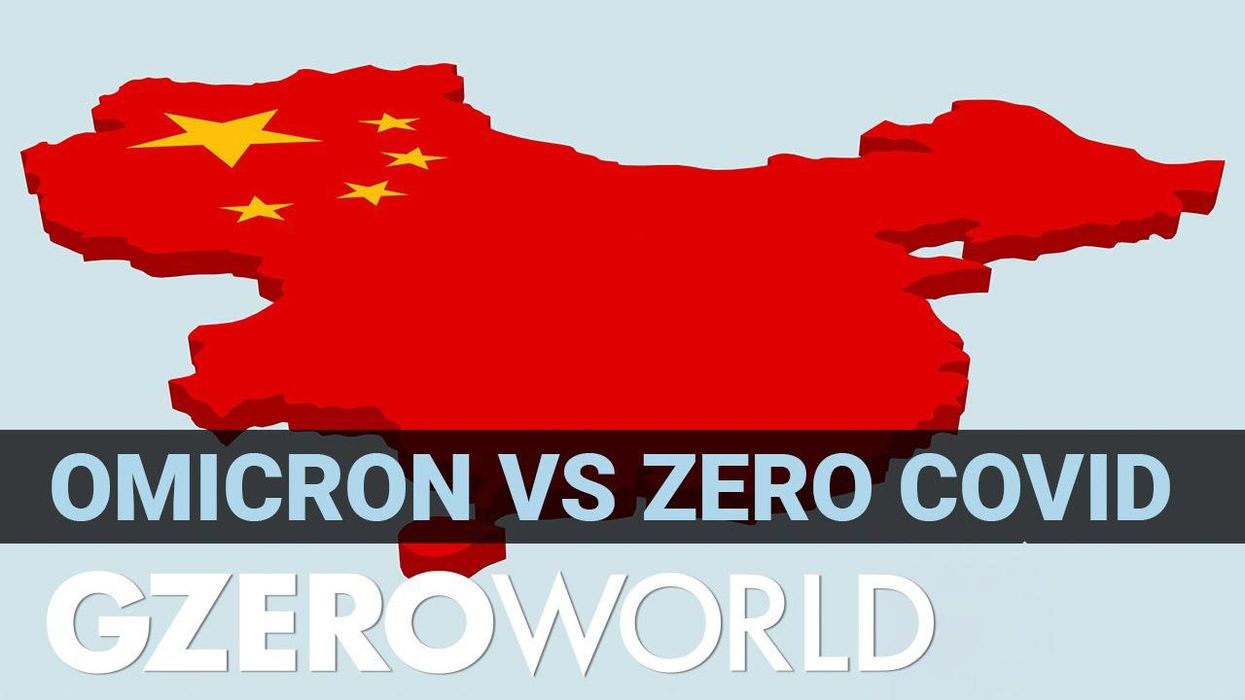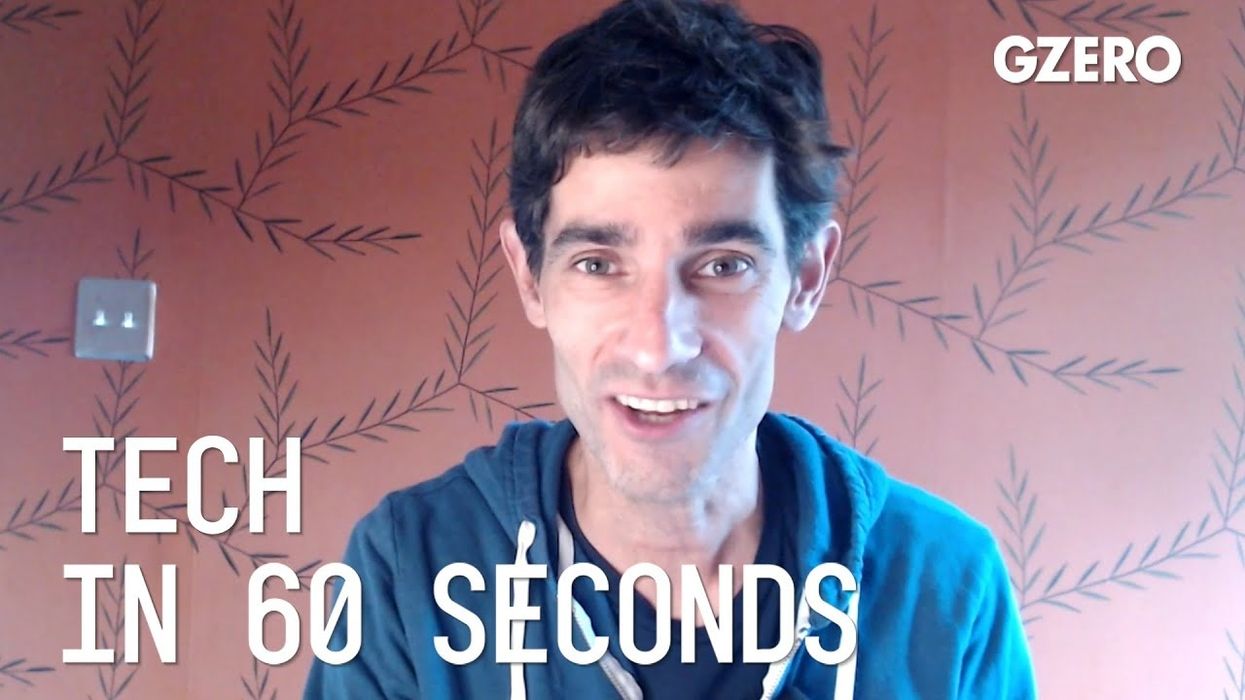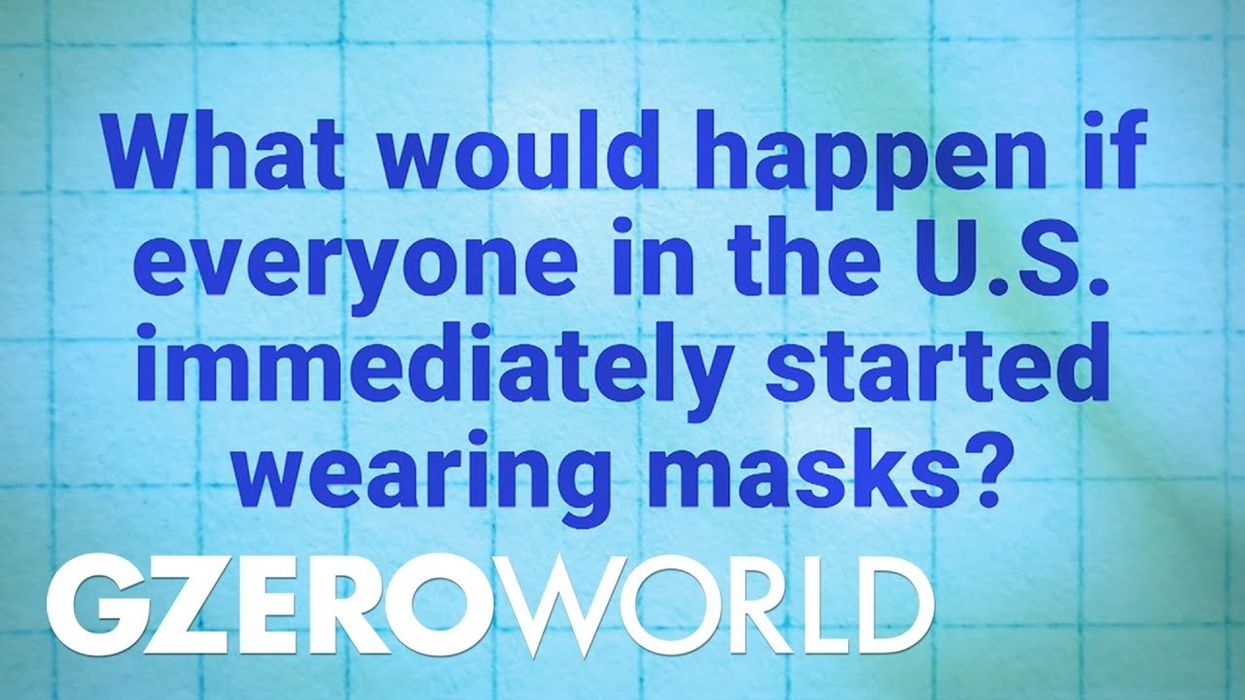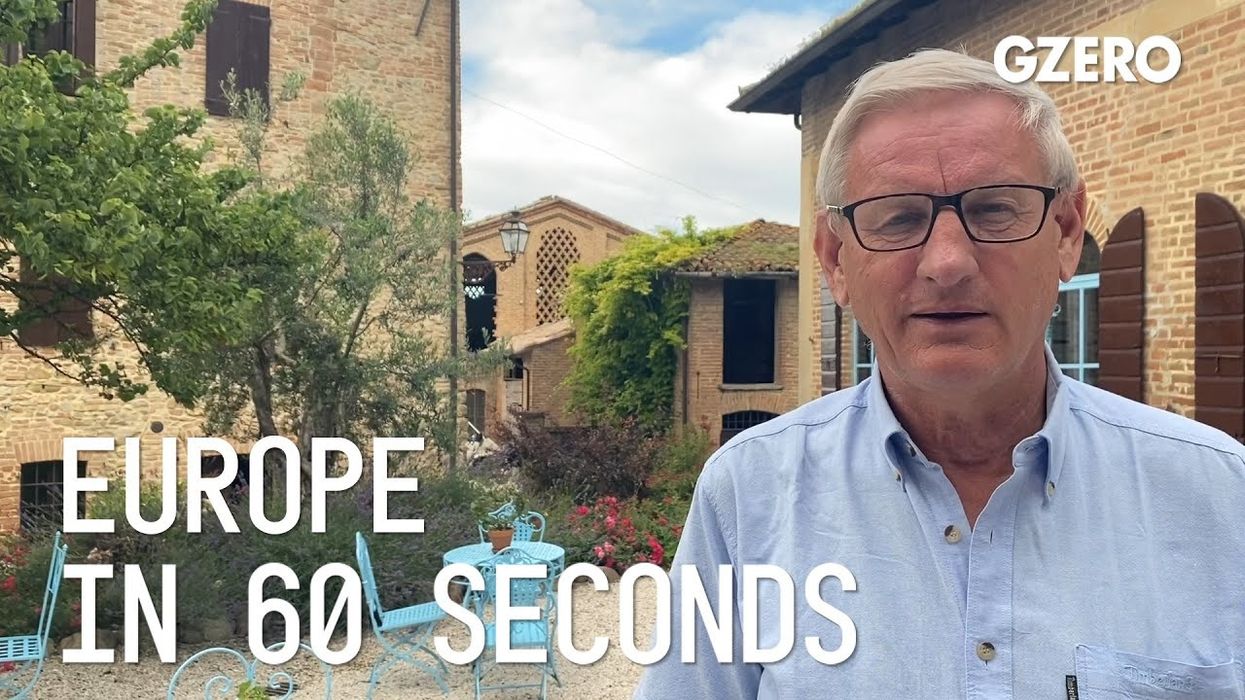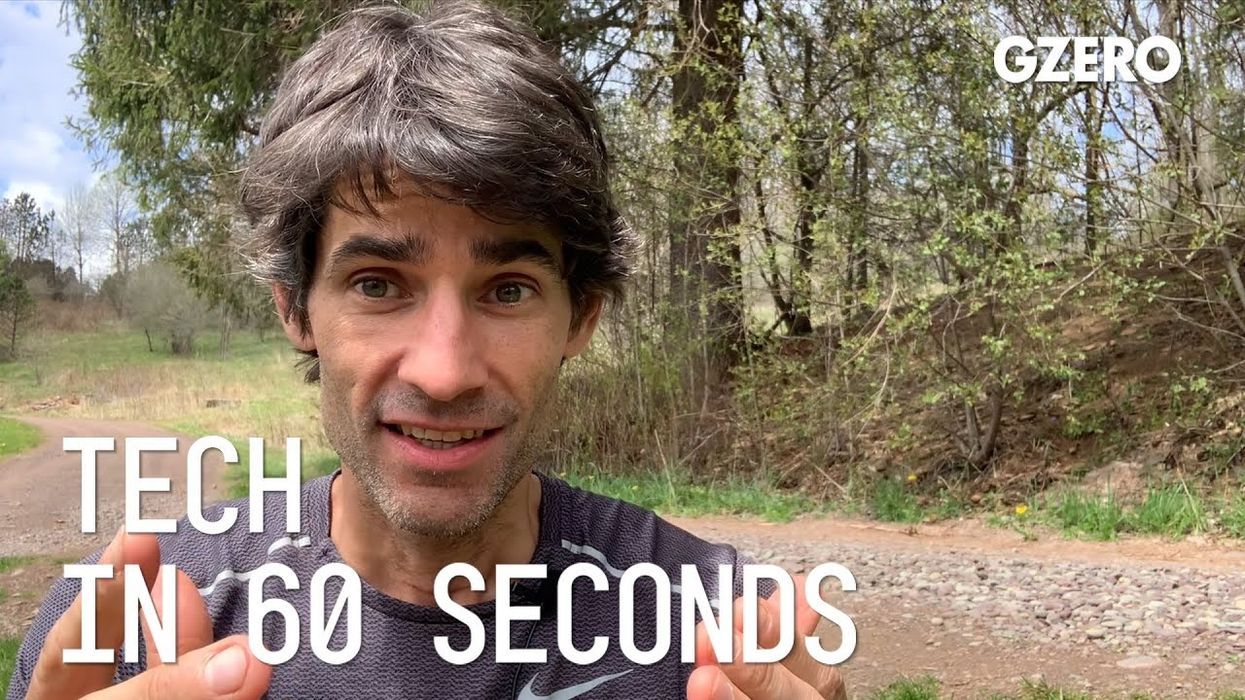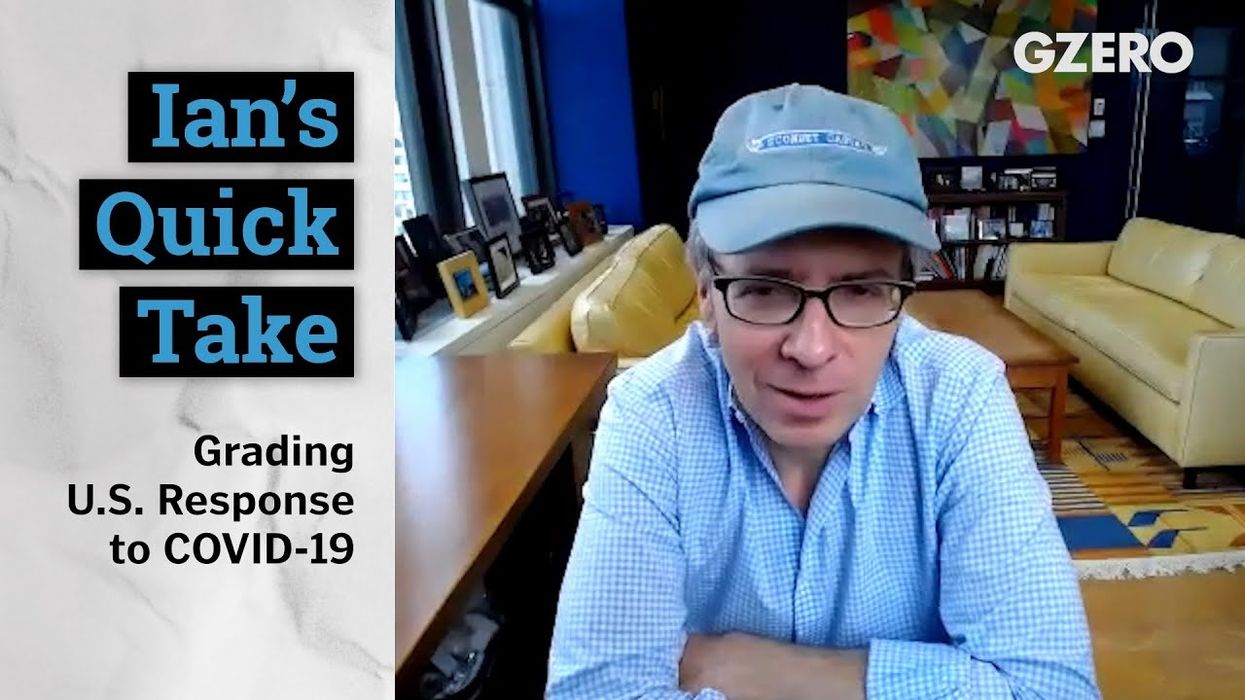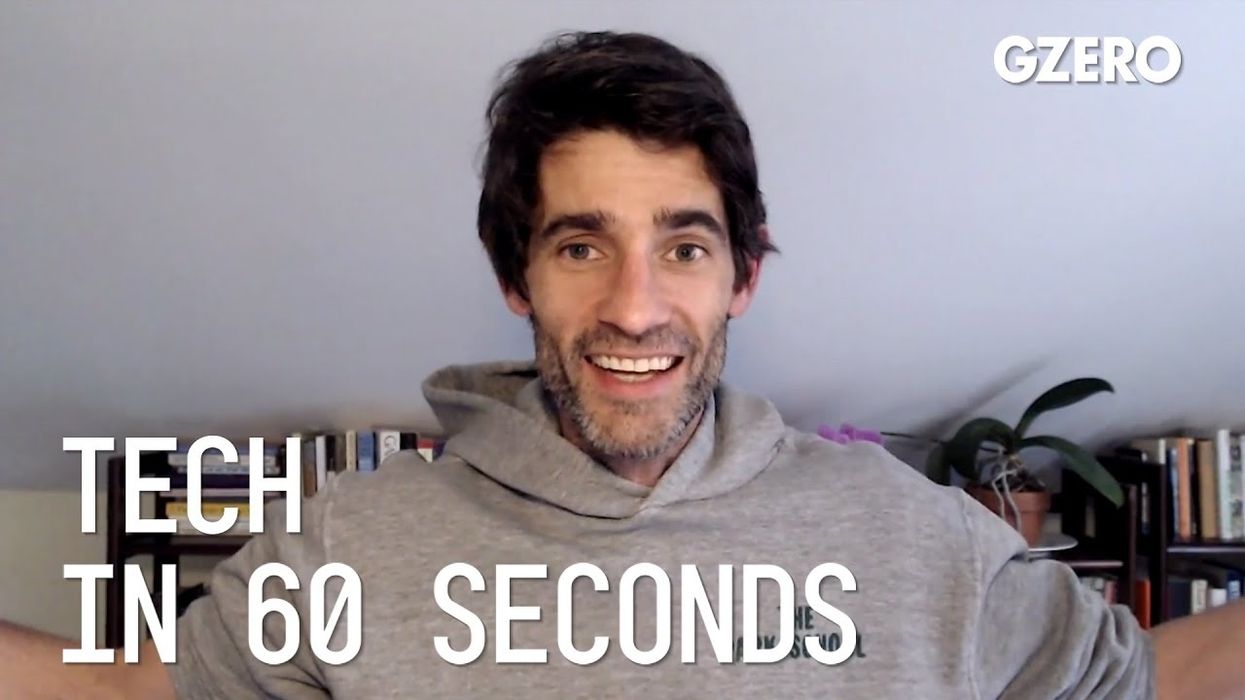GZERO World with Ian Bremmer
Omicron & the undoing of China's COVID strategy
In China, Xi Jinping's zero-COVID approach faces its toughest test to date with omicron. Why? Because China lacks mRNA jabs, and so few Chinese people have gotten COVID that overall protection is very low.
Jan 17, 2022
